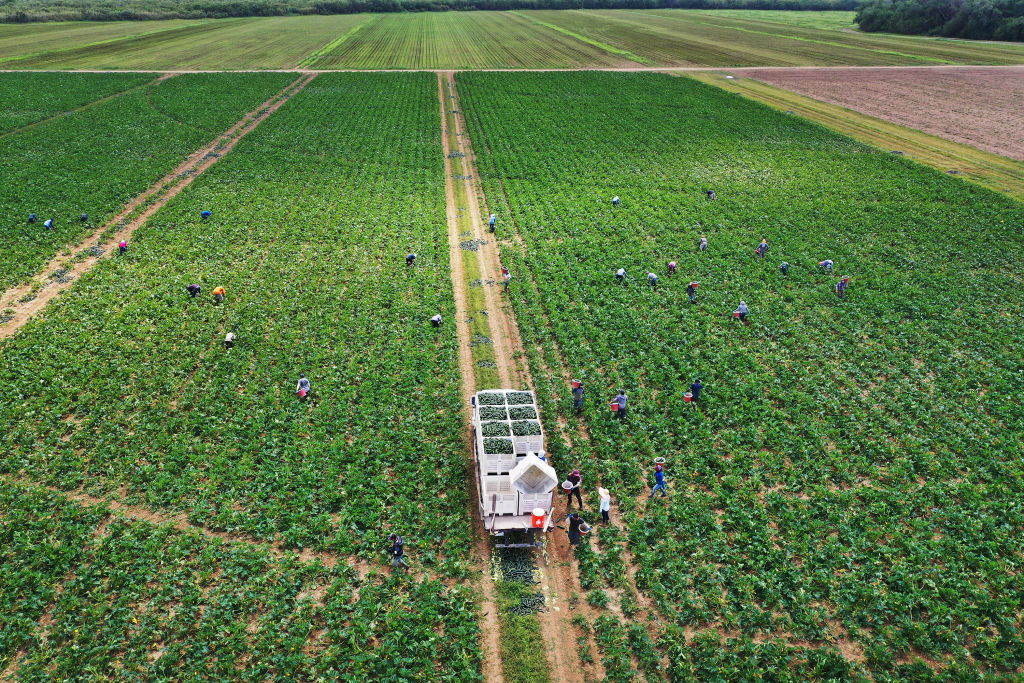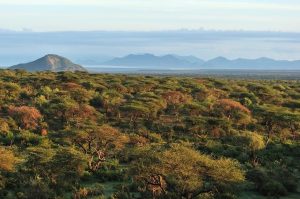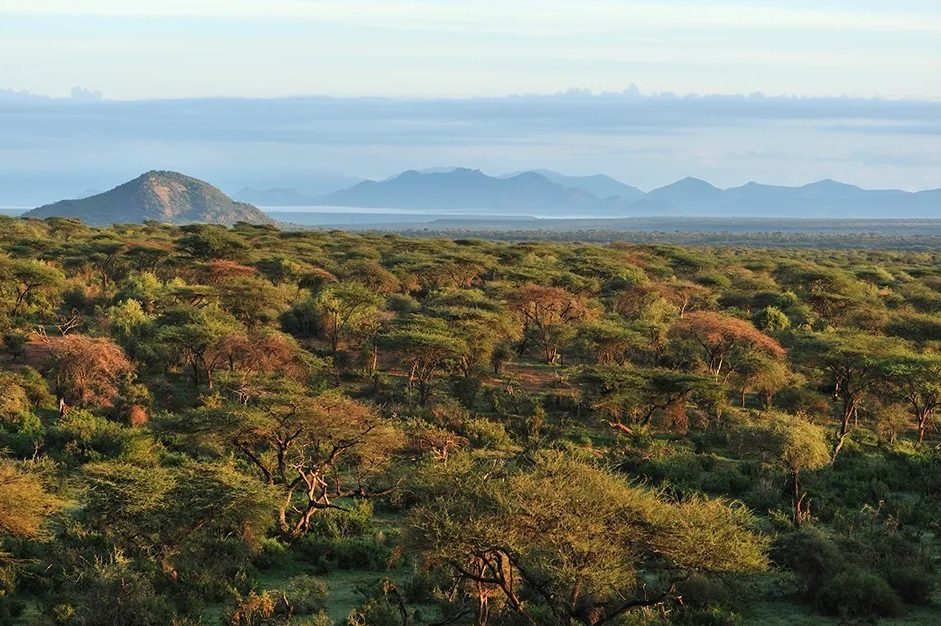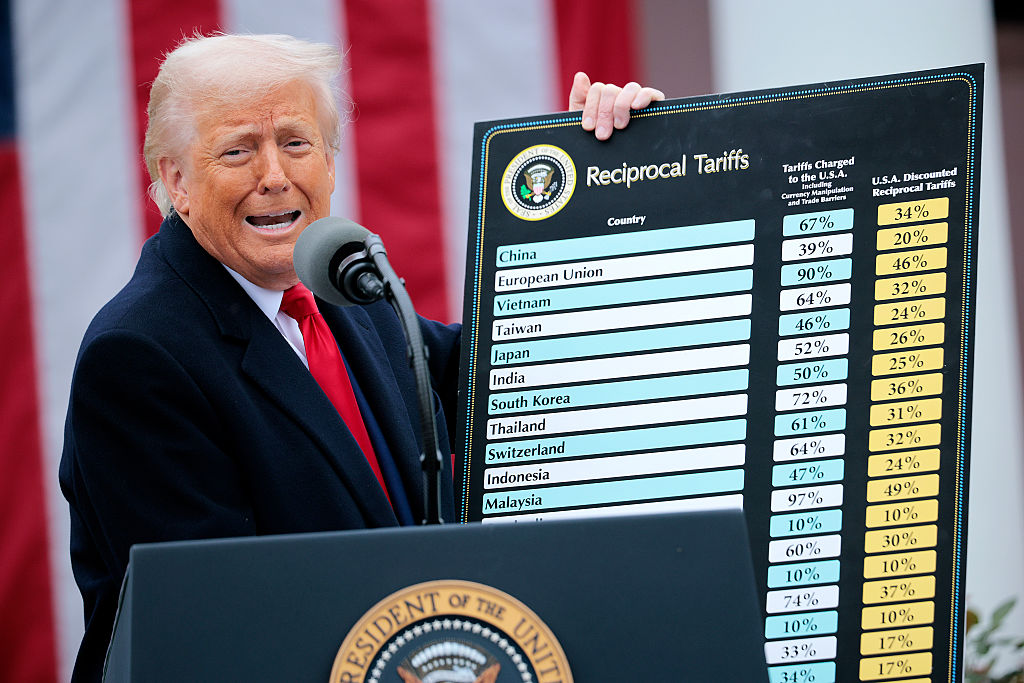China keeps buying property in the United States. Concern over this trend has been simmering for years, yet leading Democrats and left-wing media outlets dismiss it as harmless because, they say, China doesn’t own very much land in the grand scheme of things or compared to other nations. Also — racism.
“No, China isn’t gobbling up America’s farms,” Bloomberg’s editorial board assured us in February as lawmakers across the country were introducing bills to prevent Chinese investors from buying more US land. (The Texas Senate passed such a bill last month, and Florida governor Ron DeSantis signed a series of such bills into law last week.) “Fears over Chinese purchases of US cropland are vastly overblown,” claims Bloomberg, adding that new restrictions would be “damaging” because “the prospect of China’s accumulating enough farmland to pose a threat is risible” and such laws “stigmatize law-abiding Chinese” and “[fuel] a dangerous xenophobia that’s already led to attacks on Asian Americans.”
Forbes reiterated that “eighteen other countries own more American agricultural acres than China.” The publication’s March report included several “key facts,” two of which should cause all Americans to react with that face Tucker Carlson would make on his Fox News show when he was astounded by something. According to Forbes, “The Department of Agriculture requires foreign entities who buy US agricultural land to file a report within ninety days disclosing what they bought.” Also, “citing staff shortages, the Department of Agriculture didn’t penalize foreign parties for violating reporting rules from 2015 to 2018, prompting twenty-eight lawmakers to criticize the department’s ‘complete lack of accountability and oversight’… in a letter obtained by the Wall Street Journal.”
So… China “actually owns a very small percentage — just about 0.9 percent — of all foreign-owned US agricultural land as of 2021,” per NPR, but for three years the Ag Department just laissez-faired keeping track of who was purchasing the land and what they were doing with it?
The amount of land China owns “doesn’t represent a substantial enough portion of US food production to threaten the country’s ability to feed itself, according to an analysis from the Global Food Security Program at the Center for Strategic and International Studies,” reports the Wall Street Journal. But Representative Dusty Johnson of South Dakota, in advocating for the Promoting Agriculture Safeguards and Security (PASS) Act, noted, “In recent years the Chinese Communist Party has increased their holdings of foreign farmland… by 1,000 percent. They own 1,300 agricultural processing facilities outside of China, and that number is growing rapidly.” And again, this is just the land we know about.
Call me paranoid, but is any amount of American land owned by the Chinese Communist Party acceptable? Last year, when a Chinese company purchased acreage down the road from the Grand Forks Air Force Base, where high-tech drones are developed, the New York Post reported that Air Force officers “circulated a memo… warning that the presence of Fufeng Group in Grand Forks… was a national security threat.”
In what I can only read as a patronizing “there, there” attitude, Forbes reports that “of the 109 countries that own US agricultural land, China ranks number eighteen, far behind number one Canada (12.8 million acres) and even and the Cayman Islands (672,000).” But last I checked, a growing number of Americans don’t list Canada or the Cayman Islands as “their nation’s greatest enemy in the world today” (see the Gallup poll here). Nor did either of these countries spark a national freak-out when they flew spy balloons over the US.
This is not to say countries other than China owning American soil and resources is to be encouraged either. Though the Netherlands is not known to have surpassed America in building up its nuclear missile launchers, as China has, I recently heard accounts from Maine fishermen about how foreign investors have been buying up federal fishing permits and causing communities with a heritage of fishing to be at the mercy of global corporations. This has served to decimate the local economy, its culture and traditions, and threatened our ability to feed ourselves.
An investigation by ProPublica and the New Bedford Light revealed last year that since it was founded in 2015, Blue Harvest, a company owned by Dutch billionaires, “has been acquiring vessels, fishing permits and processing facilities up and down the East Coast. It started with the self-proclaimed goal of ‘dominance’ over the scallop industry. It has expanded into groundfish, tuna and swordfish, as well as becoming a government contractor, winning a $16.6 million contract from the US Department of Agriculture this past February to supply food assistance programs.”
The PASS Act would, among other things, place “the Secretary of Agriculture on the Committee on Foreign Investment in the United States (CFIUS)” and require “CFIUS to review certain agriculture-related transactions, including those related to biotechnology.” Current Ag Department secretary Thomas Vilsack was head of the agency under Obama during the department’s three-year “complete lack of accountability and oversight” period, so I have little faith in his ability to stop the alarming tide of Chinese land-grabs. Several states, though, are following in the footsteps of Florida and Texas to block foreign real estate investment, and it can’t happen soon enough.

























